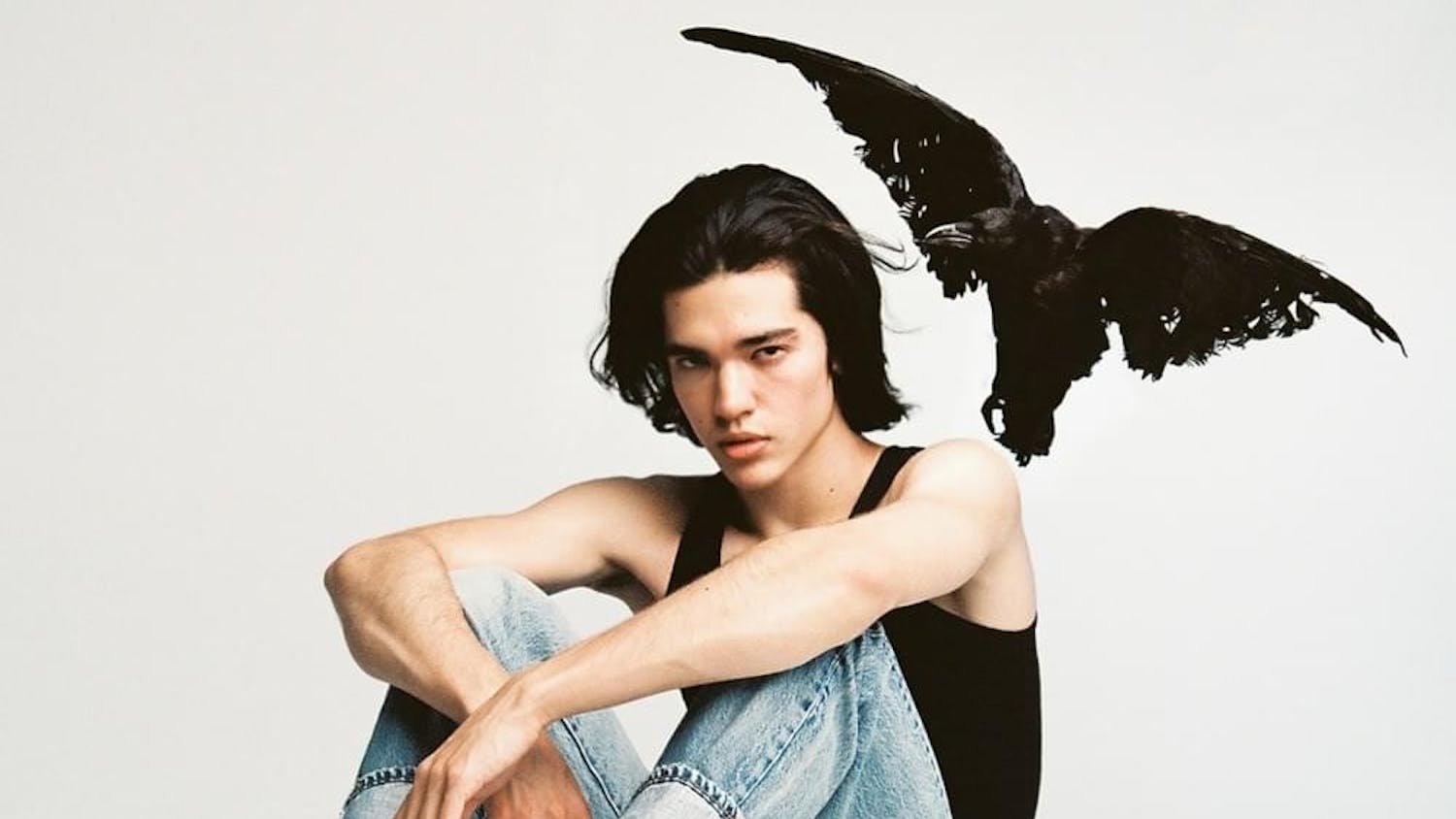Taylor Swift, notorious for curating and alluding to new albums months in advance, shocked the music world when she announced a new album just 18 hours before its anticipated drop.
Even more surprising, it presented a reinvented version of the Swift many of her fans had grown up with. The album relies primarily on stringed instruments and vocals, creating more of an alternative folk sound, like a more mature version of her 2012 album, “Red.”
While Swift began her career as a pop-country artist, 3 or her previous 6 albums have featured more pop songs. In her Netflix documentary, “Miss Americana,” Swift details this journey through music in conjunction with her own coming of age, since her first album came out when she was just 16 years old.
As she encountered sexism in the industry, various relationship trials and a public dispute with Kanye West, Swift altered herself and her music. Most notably, her 2017 album “Reputation” announced that her previous innocent persona was dead. However, her 2019 album, “Lover,” finds reconciliation and peace with the public issues — it is colorful, fun and playful.
With a newfound contentment and sense of identity, it is no surprise that Swift’s creative free time in quarantine birthed this reflection on coming of age.
Throughout her quiet reflection, Swift’s clever lyricism and storytelling become the centerpiece of the album.
For example, “The Last Great American Dynasty” tells the story of the previous owner of Swift’s house, Rebekah Harkness, an eccentric woman who married into the riches of the Standard Oil Company.
While the locals rolled their eyes at Harkness, Swift shows admiration through quick and clever lyrics, “They say she was seen on occasion, pacing the rocks, staring out at the midnight sea. And in a feud with her neighbor, she stole his dog and dyed it key lime green. Fifty years is a long time, Holiday House sat quietly on that beach, free of women with madness, their men and bad habits, and then it was bought by me.”
Although there are myriads of examples for Swift’s storytelling, it would be a shame not to reference the love triangle story told across “Cardigan,” “Betty” and “August.”
Through these songs, the listener follows the story of a teenage boy pursuing two girls. In “August,” Swift sings from the perspective of the first girl, unnamed, who gets led on by the boy, James, in a summer romance. She falls in love with the feeling of being with him but knows his heart is elsewhere with how he slips away, going back to his first love, Betty.
Swift then sings from the perspective of James in “Betty,” who apologizes for the fling with the other girl. He tries to win Betty back in a smitten and goofy public declaration of love.
However, Swift ends the story 20 years later from the perspective of Betty with “Cardigan.” In the song, the listener learns that Betty could not take James back. At the time, he had broken her heart irrevocably, but now she reminisces back on the young, naive love somewhat fondly.
The entire love triangle was created through subtle paralleling lyrics, some of which can be found in other tracks as well. At first listen, they are just pretty songs, but the intentionality in the lyrics is far deeper.
Admittedly, “Folklore” is a tad controversial to review. Because of Swift’s drama or changes in styles, there are two very different and stubborn perceptions of her. People either love to love her or love to hate her — the same applies to her music.
Additionally, although “Folklore” seems to be a more mature version of Swift’s roots, it takes advantage of some music trends like those shown in 2019 albums from Lana Del Ray and Clairo. Phoebe Bridgers’ album “Punisher” also sounds eerily similar and released just over a month before “Folklore.”
All that said, I do not think that should completely discredit Swift’s work. Here are the facts: Swift suddenly dropped 16 cohesive songs that are stylistically compatible with an industry trend and present unique and often overlapping storylines through clever lyricism. Regardless of the public’s perception, that is impressive. Not to mention, her collaboration on “Exile” with Bon Iver was an impeccable blending of voices and stories.
Now, is it a complete home run? I hesitate to say no, but I cannot say yes in good conscience. I think this album is partially so impressive because it was so unexpected from someone like Swift. Realistically, the market was primed for a sad, reflective album in the middle of a global pandemic.
That said, I’m a huge fan. I respect Swift and “Folklore” completely. 4 out of 5 stars.





